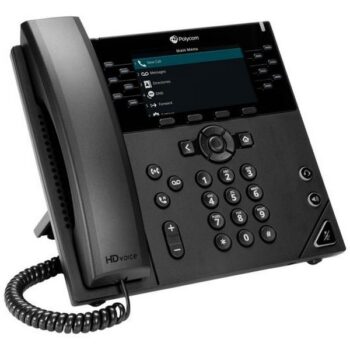The unified communications (UC) market is expanding at an exhilarating rate with an increasing number of communication methods, such as web chat, file sharing, document sharing, video, collaboration and conferencing becoming all the more popular within in the business world. And this trend is growing all the stronger as the year progresses. In fact many businesses are leveraging their existing on-site platforms, whilst taking advantage of new capabilities and applications in the cloud.
Over the next twelve months the business market will see a significant growth in the adoption of Hybrid UC consumption models, a mix of on-premises and cloud solutions. This mix provides the greatest flexibility for today and provides a migration path to cloud-based services.
We can also expect Unified Communications as a Service (UCaas) will be at the forefront of manager’s minds as it provides companies with a much greater flexibility to manage their capabilities as they grow. UCaaS is known for providing high levels of availability as well as flexibility and scalability for core business tasks.
Along with new hybrid communication models, we can also expect to see an increase use of UC in Contact Centres. Just in the last 4 years there has been an increase in deployment of VoIP-based centres from about 30% to just over 50% as these companies deploy VoIP to save on communication costs.
However, as we move further into the UC market it has become apparent that many of these companies are missing out on all the added benefits that a full functional VoIP-based centre could deliver; instead focusing solely on costs instead of future growth.
Cost saving aside, UC can help support the virtualisation of centres and streamlining call hand-off. The business market is evolving rapidly and it is not uncommon nowadays for organisations to have a combination of more than one centre, with calls being handled by experienced Knowledge Workers outside of the formal contact centre, and increasingly having home-based agents. The simple fact that these can all be supported on a single network makes the task of managing these resources much easier, which in itself will deliver performance improvements for companies.
UC is the future of telephony and like it or not, it needs to be part of your communications strategy going forward. It can improve the way your organisation communicates internally and externally with customers, prospects, partners, investors, etc. Business and IT managers should work together to identify the tangible and intangible benefits of UC that yield the most value for your specific environment.
For more information or if you would like some free expert advice about how Unified Communications can benefit your business, please contact us on 0345 389 2310, alternatively you can download our telephone systems buyers guide as useful reference material or even run a quick quote to obtain a budget cost for a new telephone system in less than 60 seconds by clicking here.























